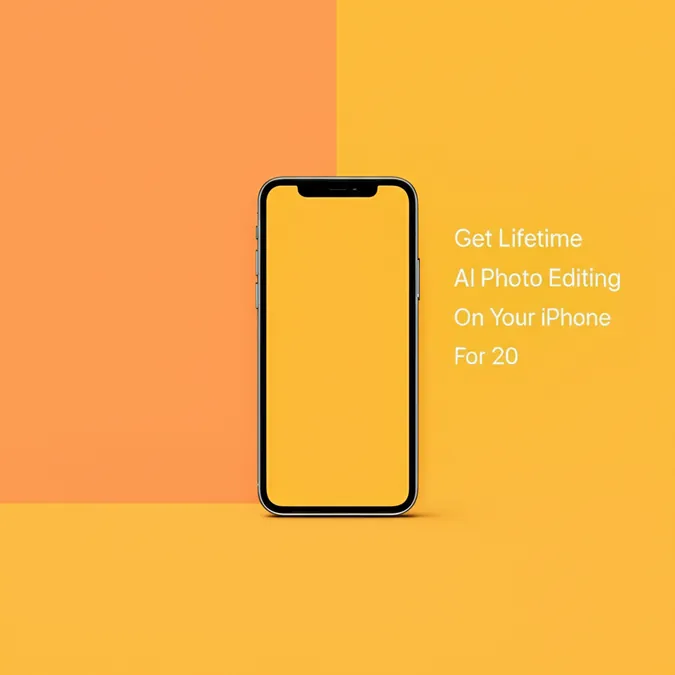Developer Offer
Try ImaginePro API with 50 Free Credits
Build and ship AI-powered visuals with Midjourney, Flux, and more — free credits refresh every month.
Midjourney Defends AI Training in Disney Lawsuit
In a pivotal clash between creative giants and artificial intelligence, Midjourney has officially fired back at a lawsuit from Disney and Universal, arguing that the studios cannot legally prevent AI models from training on their works.
The Heart of the Dispute A Copyright Clash
The conflict began in June when the major studios accused the AI image platform Midjourney of engaging in “vast, intentional, and unrelenting copyright infringement.” The core of their complaint was that Midjourney's users could generate images that were nearly perfect replicas of the studios' famous copyrighted characters, from Mickey Mouse to Jurassic Park dinosaurs.
Midjourneys Core Defense The Fair Use Argument
In its formal response filed with the court, Midjourney built its defense on the legal doctrine of “fair use.” The company’s lawyers assert that the act of training an AI model is a protected activity essential for innovation.
“Copyright law does not confer absolute control over the use of copyrighted works,” the legal team argued. “The limited monopoly granted by copyright must give way to fair use, which safeguards countervailing public interests in the free flow of ideas and information.”
A Question of Hypocrisy Studios and AI Usage
Midjourney also presented a bold counter-argument, accusing the studios of trying to “have it both ways.” The company claims that while Disney and Universal are suing to stop AI training, their own employees and vendors are avid users of the service. The filing states that “many dozens” of Midjourney subscribers have email addresses directly linked to Disney and Universal.
To strengthen this point, Midjourney’s lawyers referenced a statement from Disney CEO Bob Iger at an annual meeting, where he called technology an “invaluable tool for artists.” The filing concludes that the studios “cannot have it both ways, seeking to profit… from industry-standard AI training practices on the one hand, while on the other hand accusing Midjourney of wrongdoing for the same.”
Beyond Training The Debate Over AI Generated Images
The Disney-Universal lawsuit is distinct from some other AI cases because it heavily emphasizes the final AI-generated images, arguing they are substantially similar to copyrighted material. Midjourney addressed this by stating its terms of service already forbid users from infringing on intellectual property.
Moreover, their lawyers argue that simply creating an image that resembles a popular character is not automatically infringement. They point to legitimate uses like “non-commercial fan art, experimentation and ideation, and social commentary and criticism,” which they claim the studios' lawsuit threatens to eliminate entirely. The case, which could set a major precedent for AI and copyright law, continues to unfold.
Compare Plans & Pricing
Find the plan that matches your workload and unlock full access to ImaginePro.
| Plan | Price | Highlights |
|---|---|---|
| Standard | $8 / month |
|
| Premium | $20 / month |
|
Need custom terms? Talk to us to tailor credits, rate limits, or deployment options.
View All Pricing Details

